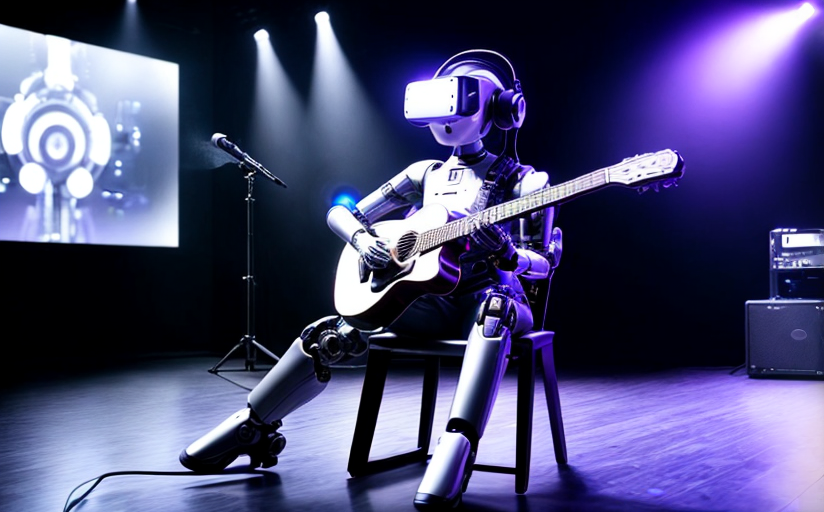The Profound Impact of Artificial Intelligence on Music Composition and the Entertainment Industry
A Brief History of AI in Music Composition
The integration of artificial intelligence (AI) in music composition is not a new phenomenon. As early as the 1950s, AI was being used to create rudimentary melodies and harmonies. In the ensuing decades, the computational power of AI increased dramatically, and so too did its relevance in music. Today, AI is changing the face of the music and entertainment industry, creating profound impacts on artists, consumers, and industry norms.
AI in Contemporary Music Composition
AI's current application in music composition involves sophisticated mechanisms that can generate complex, full-length tracks. For instance, OpenAI's MuseNet can generate 4-minute musical compositions with 10 different instruments, and even in different music styles. This innovation has vast implications for the future of music and beyond.
AI: Future Implications and Possibilities
The steady progress of AI in music creates an exciting prospect for the future of the entertainment industry. More advanced AI technology may not only compose music but also predict the popularity of new songs, provide personalized recommendations, and even virtual reality experiences.
AI Success Stories in Music Creation
- Lady AI, a Japanese virtual pop star, is trained in the music style of various Tokyo bands, enabling it to create new songs in similar styles.
- UK-based startup Jukin uses AI to generate mood-based playlists.
AI in a Broader Entertainment Context
In addition to music, AI is transforming the broader entertainment industry. Its capabilities are employed for automated video editing, box-office prediction, script suggestion, and viewer analysis. AI deployment heralds a new era in the entertainment industry.
Implications for Stakeholders
The integrations of AI in music and entertainment have significant implications for artists, producers, and consumers. On one hand, it can democratize music production, opening up opportunities for aspiring artists lacking traditional resources. Yet, it may also replace human-made music, threatening employment in the industry.
The Positive and Negative Impact of AI
AI offers exciting potential but also raises concerns. With AI making strides in creativity, fears of AI taking over jobs are justified. Furthermore, there's the worry that music will lose human touch and emotion. On the positive side, AI can help discover hidden talents, streamline production processes, and personalize user experiences.
In Conclusion
Ultimately, the profound impact of AI on music composition and the entertainment industry is a double-edged sword. Its potential benefits are enormous, but so are the challenges it presents. It is up to us to guide the development and integration of AI in these industries to ensure a harmonious balance between human creativity and technological innovation.




















Comments
Leave a Comment